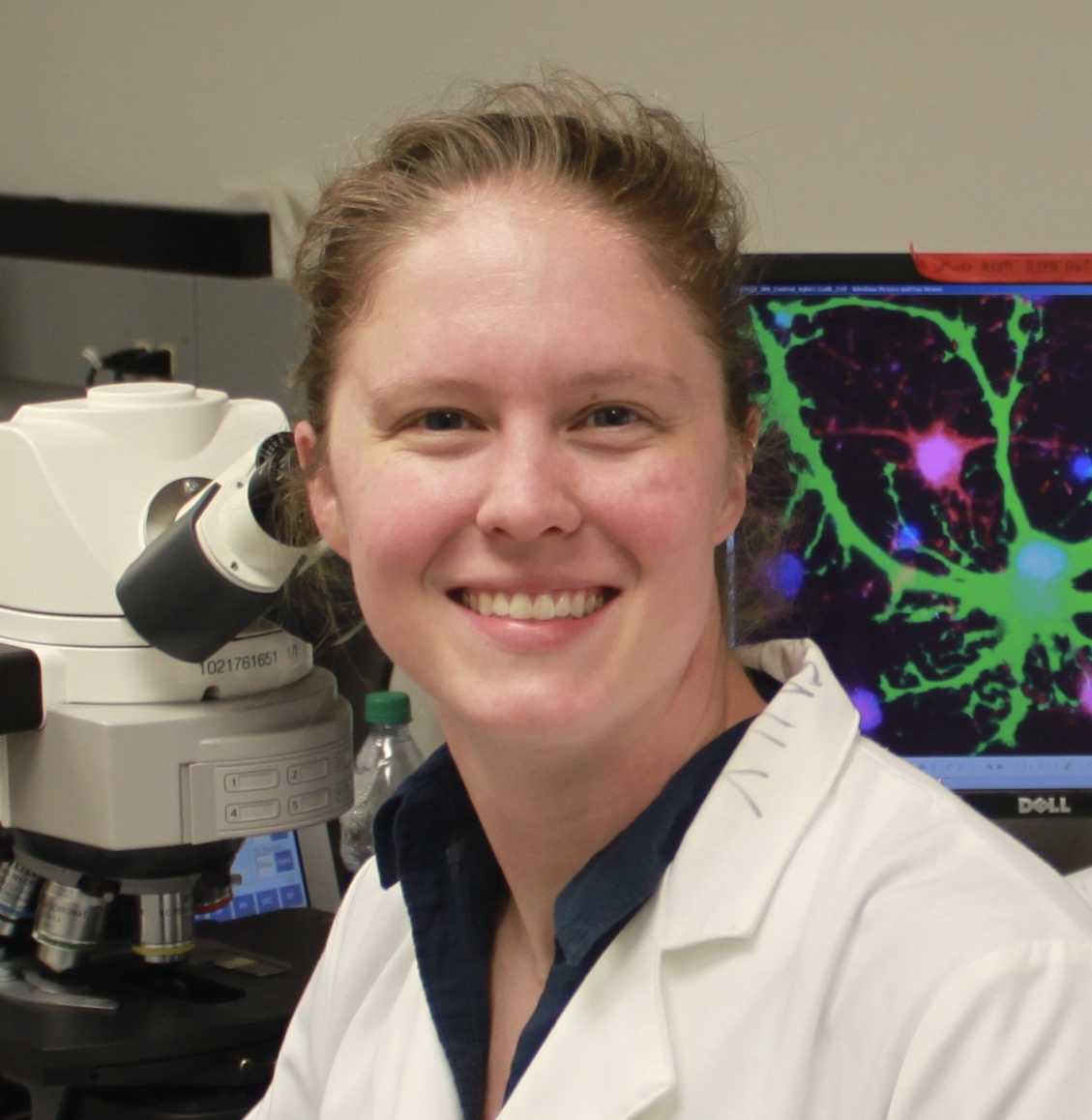Research Description:
Building a functioning brain requires the establishment of an elaborate network of interactions between neurons and non-neuronal glial cells. Defects in neuron-glia interactions are implicated in many neurological disorders, including autism, schizophrenia, Alzheimer’s Disease, neurodegeneration, neuropathic pain, and neuroimmune disorders. Astrocytes, a major glial cell type in the brain, are morphologically complex cells that extensively infiltrate the neuropil to directly interact with neurons and all other brain cell types. Through this extensive network of interactions, astrocytes control a wide variety of processes that are fundamentally important for proper brain development and function, including synapse formation, regulation of neurotransmission, and establishment of the blood-brain barrier. Despite the many important roles of astrocytes in the brain, we still have a limited understanding of the mechanisms that regulate the development of astrocytes and their interactions with other cells. Moreover, we do not know how defects in these processes drive neurological dysfunction. To address these important knowledge gaps, my laboratory is investigating fundamental aspects of astrocyte cell biology to understand how astrocytes, through their interactions with other brain cell types, regulate brain development and function. Furthermore, we study how astrocyte dysfunction drives the pathogenesis of neurological disorders such as autism, schizophrenia, and leukodystrophy. We use a variety techniques, including mouse genetics, primary cell culture, quantitative proteomics, molecular biology, and super resolution microscopy to probe the function of astrocytes during brain development and disease.

